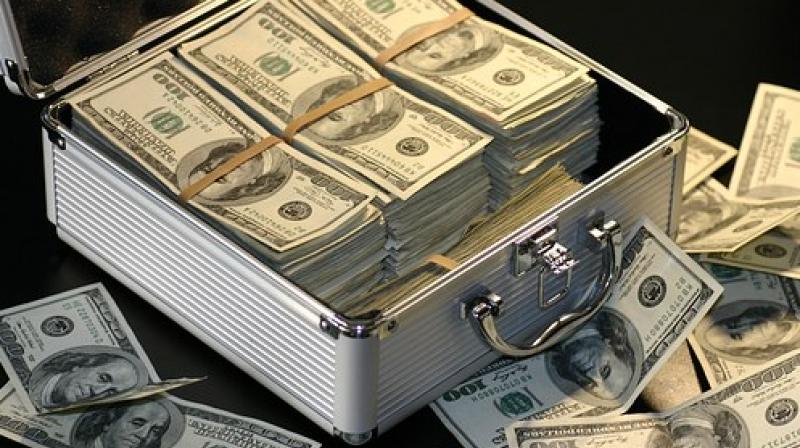#gold #bitcoin #money #value #cryptocurrency #political #asset #marxism #fetish
$GLD $XAU $USD $BTC
“In Marxist philosophy, the term commodity fetishism describes the relationships of production and exchange as social relationships among things (money and merchandise) and not as relationships among people. As a form of reification, commodity fetishism presents value as inherent to the commodities, and not arising from the interpersonal relations that produced the commodity” — Paul Ebeling
Russia’s incursion into Ukraine rest on 2 premises: that a massive show of force would demoralize Kiev; and that Russia’s $630-B in financial reserves would deter anyone who might question the value of the rouble. Both depended on decisions that were beyond President Putin’s control: whether Ukrainians would flee before a column of tanks, and whether the world would continue to grant Russia the privilege of money. Never has money appeared more political it seems.
Gold has long been fetishized throughout the world by central banks and people. But Keynes’ “barbarous relic” is the last gasp of a view that money has an intrinsic value in itself, constituted just by the fact of its existence.
At the end of the 19th Century, successive Tsarist finance ministers imposed immense hardship on the Russian people to accumulate gold reserves, eventually taking Russia on to the gold standard to lend credibility, and international stature.
Joseph Stalin regarded Russia’s gold as his greatest asset, and 1 of the principal reasons he refused to take the Soviet Union into IMF membership was that it would have required disclosure of statistical information on Russia’s gold reserves and gold production.
In the 1990s, Russian nationalists exercised influence on Vladimir Putin, taking up the gold theme in a big way. Gold offered a way of resisting the world of the USD and international finance; it stood for real value and carried the historic connotations from the golden religious icons of the Orthodox faith. But if gold cannot be moved in order to be traded, it is useless. If it is stuck in the vaults of the Bank of Russia, it might as well not exist.
There is a new possibility of money as a voting mechanism works. Electronic private currencies aka cryptocurrency, offer a way of expressing dissent, of rendering a financial vote of confidence. The dramatic surge in the bitcoin price since the imposition of Western financial sanctions is an indication of the movement out of Russian funds and assets to crypto.
Most people mistakenly see money as an asset, the old fetishism. But money represents a value, 1 that must be earned. What ultimately makes a currency secure is credibility: the confidence of others. Money is not a shared illusion. It is a series of agreements and customs among and within countries.
Russian troops are now in the Ukrainian city of Kherson and forced their way into the council building, the Mayor said after a day of conflicting claims over whether Moscow had make the first major gain of a city in its invasion that began 8 days ago. So far this incursion has been very costly for Russia.
But, Russia’s Foreign Minister Lavrov said Thursday he believed some foreign leaders are preparing for war against Russia and that Moscow would press on with its military operation in Ukraine until “the end“.
Have a healthy, prosperous day, Keep the Faith!









